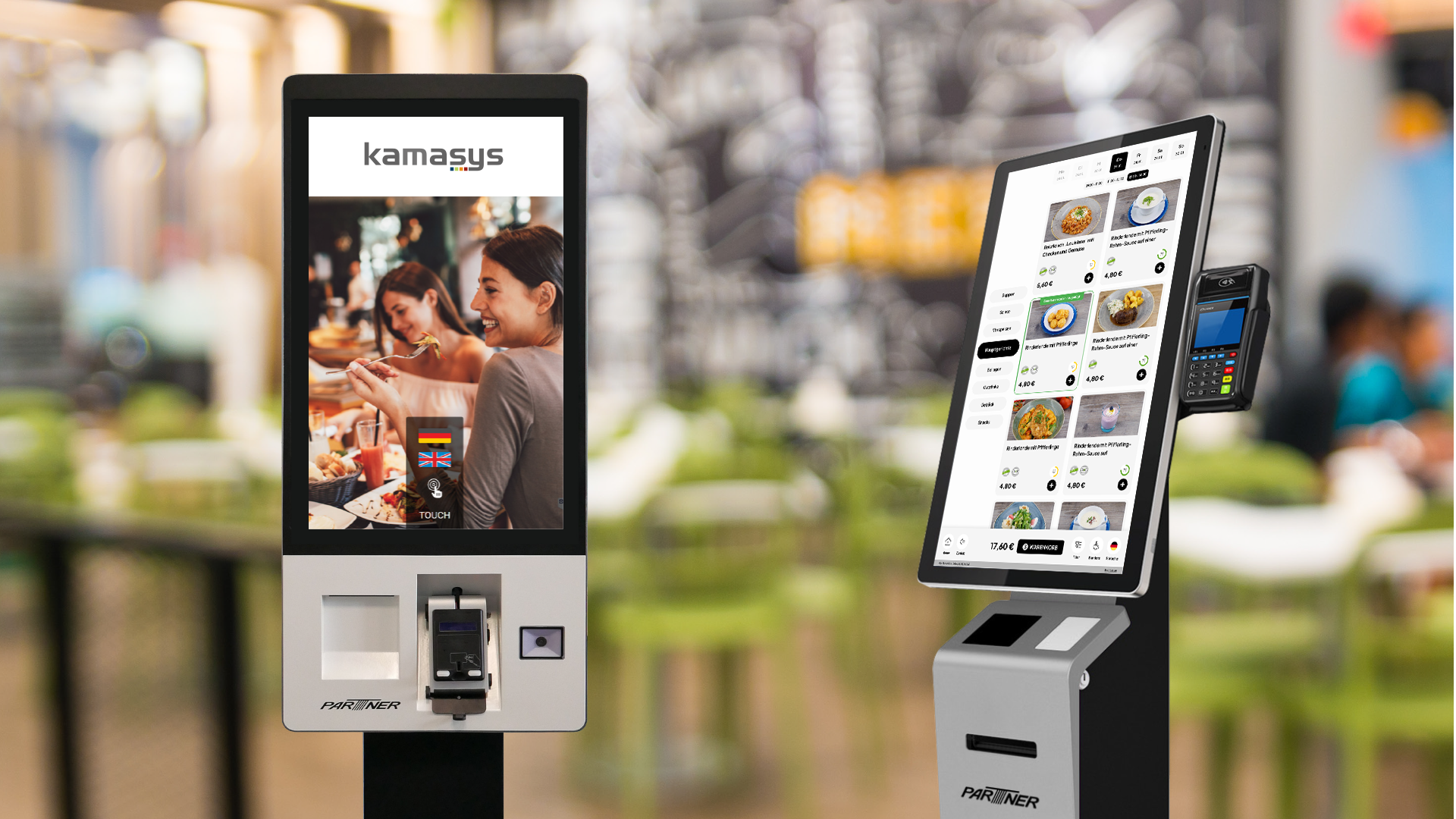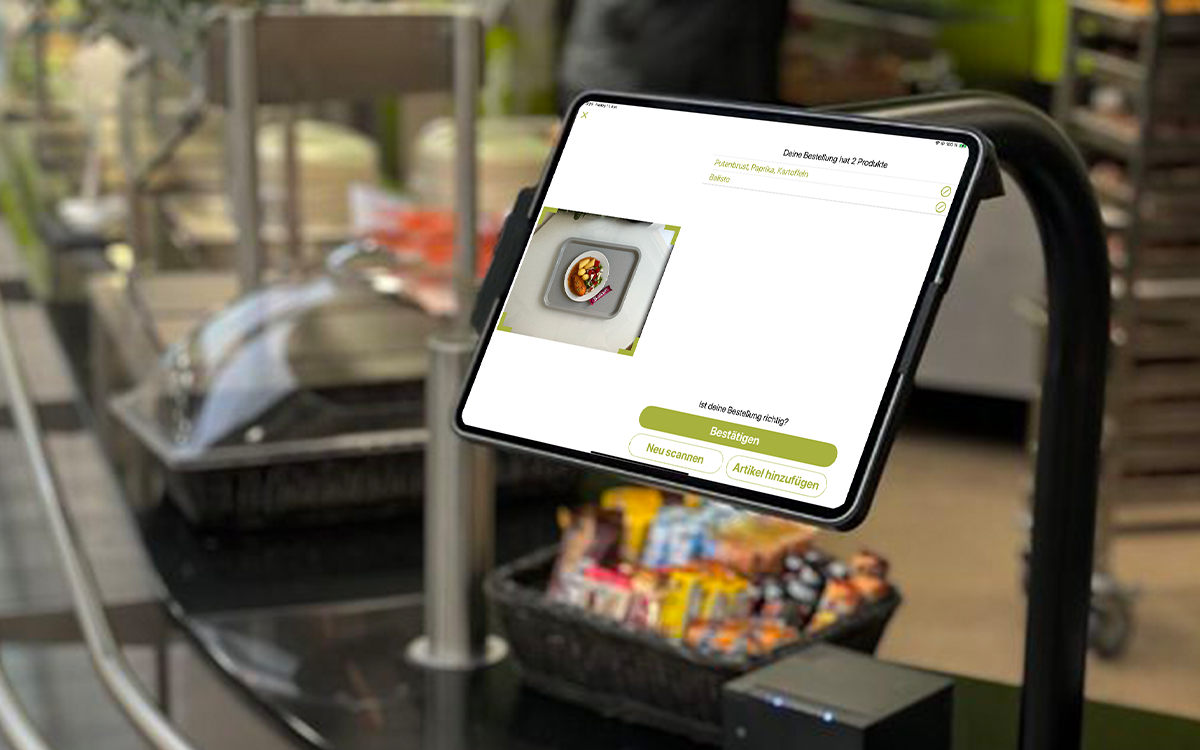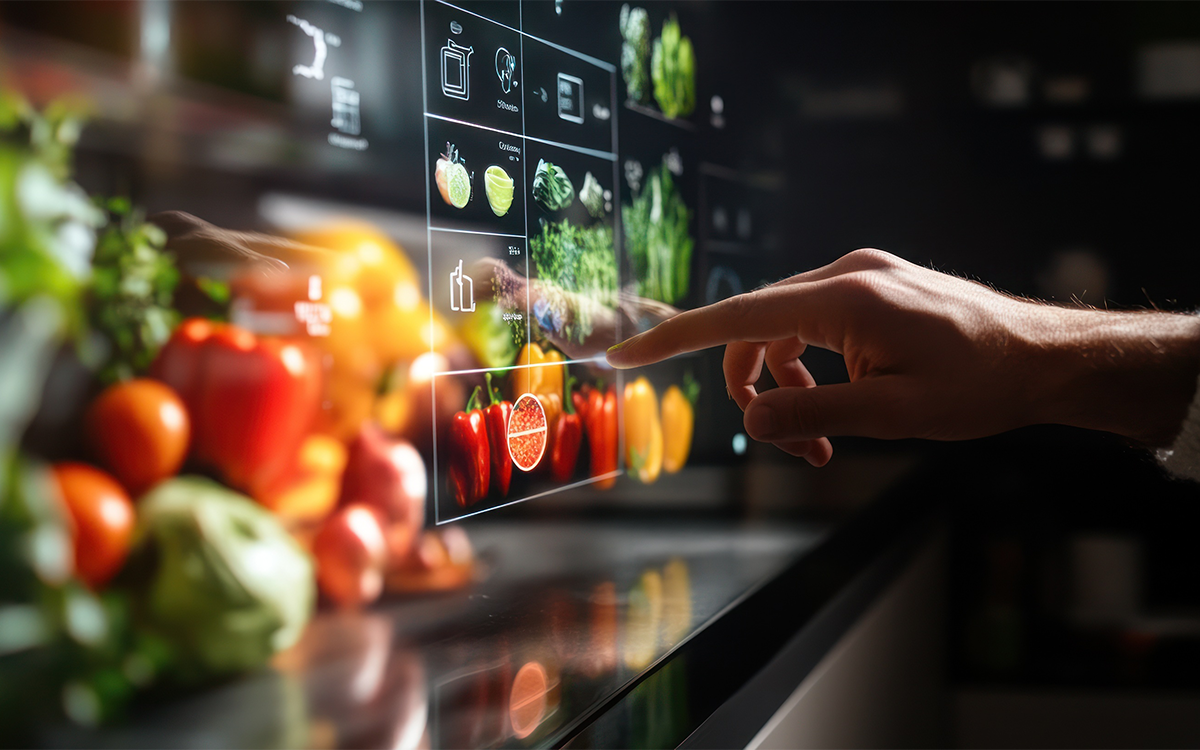With the "31st International Management Forum" (IMF) and the "Construction and Operation of Commercial Kitchens and Modern Company Catering" (BBGK), two important events for the industry recently took place. Both times, the informative technical presentations as well as personal discussions allowed deep insights into the industry.
What challenges are those responsible for mass catering currently facing, and what opportunities are there? Do crises actually give rise to opportunities? We asked around at the events.
From staff shortage to energy crisis = from the frying pan into the fire?
The Corona pandemic has left deep scars over the past two years. Among other things, the closure of company restaurants caused a serious shortage of personnel - the industry is short not only of skilled workers, but now also of support staff. In the spring, with the weakening of the pandemic situation and the accompanying easing of restrictions, the industry once again took heart and was positive that it would be able to close this fiscal year on a better note. However, with the war in Ukraine, new difficulties have arisen: shortages of raw materials and an increasing energy crisis are defining issues - and dealing with them is correspondingly difficult, as there seems to be no rapid improvement in the situation in sight. So how can these challenges be met?
"Digitization is essential to reach and inform our target groups in the future." - Burkart Schmid, Editor-in-Chief, gvpraxis
Digitization - more than just a trend
What started sluggishly as a "trend" in mass catering has rapidly gained momentum as a result of the Corona pandemic: digitization. The importance of this development was demonstrated at both the IMF and the BBGK. In addition to app-based ordering and payment processes, self-checkout options, for example, are among the automated processes that make the work of restaurateurs easier and at the same time bring benefits for end customers.
And the future direction is also clear, as the influences of robotics and artificial intelligence become increasingly noticeable. Service robots will be used more and more, especially when it comes to serving guests. This development frightens many people. But futurologist Daniel Anthes held to IMF: "The future is technology-driven, but people-focused." Digitization - starting with digital plannability with regard to the number of guests to clearing the dishes - does not displace jobs, but creates freedom for the existing staff. Freedom to focus on core tasks and to have more time for the guest again.
"Young people today are already introduced to sustainability issues in school. That shapes the mindset." - Prof. Dr. Carolyn Hutter - Baden-Württemberg Cooperative State University Heilbronn
Omnivorous, vegetarian, vegan - how will we eat in the future?
Another major topic at IMF and BBGK: the nutrition of the future, because the demands of customers are changing. 90% of young adults are interested in nutrition and young people already have their first contact with sustainability topics at school. "This shapes the mindset," Prof. Dr. Carolyn Hutter made clear. Not least because the topic is omnipresent in social media.
Vegetarian or vegan menu lines, organic-certified ingredients, products from the region: with these strategies, some restaurateurs are already trying to meet the needs of their guests. During the discussions and expert presentations, however, it also became clear that a complete ban on meat need not be the solution - rather, the quantity had to be limited. This led directly to an equally pressing issue: foodwaste! According to a study by the German Federal Ministry of Food and Agriculture, approximately 11 million tons of food waste would be generated in 2020 - around 1.9 million tons were generated in the "out-of-home catering" sector. There is a need for action here. Pre-ordering concepts are one way to avoid food waste: Restaurateurs can plan their requirements better and adjust production accordingly. However, it is currently difficult to estimate how effective this lever will be. The mandatory use of reusable containers in the to-go sector from next year is also to be welcomed.
Conclusion: Into the future with digitization, courage and meeting customer needs
Crises can also give rise to opportunities, as both conferences showed. The key is innovative and well thought-out concepts. These include digital solutions to counteract staff shortages, better planning of production processes, and offering guests a better customer experience. However, this also includes consistently focusing on the wishes of the guests: In addition to corresponding menu lines, hybrid restaurant formats with a co-working area and deli are now becoming increasingly important.
Christian Poncin (Henkel-Gastronomie) put it aptly with regard to the new food court in Düsseldorf: When guests can expect culinary fireworks, who wants to stay in their home office?


